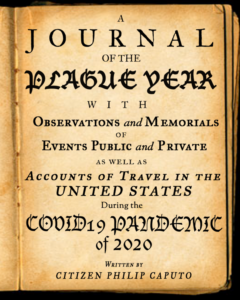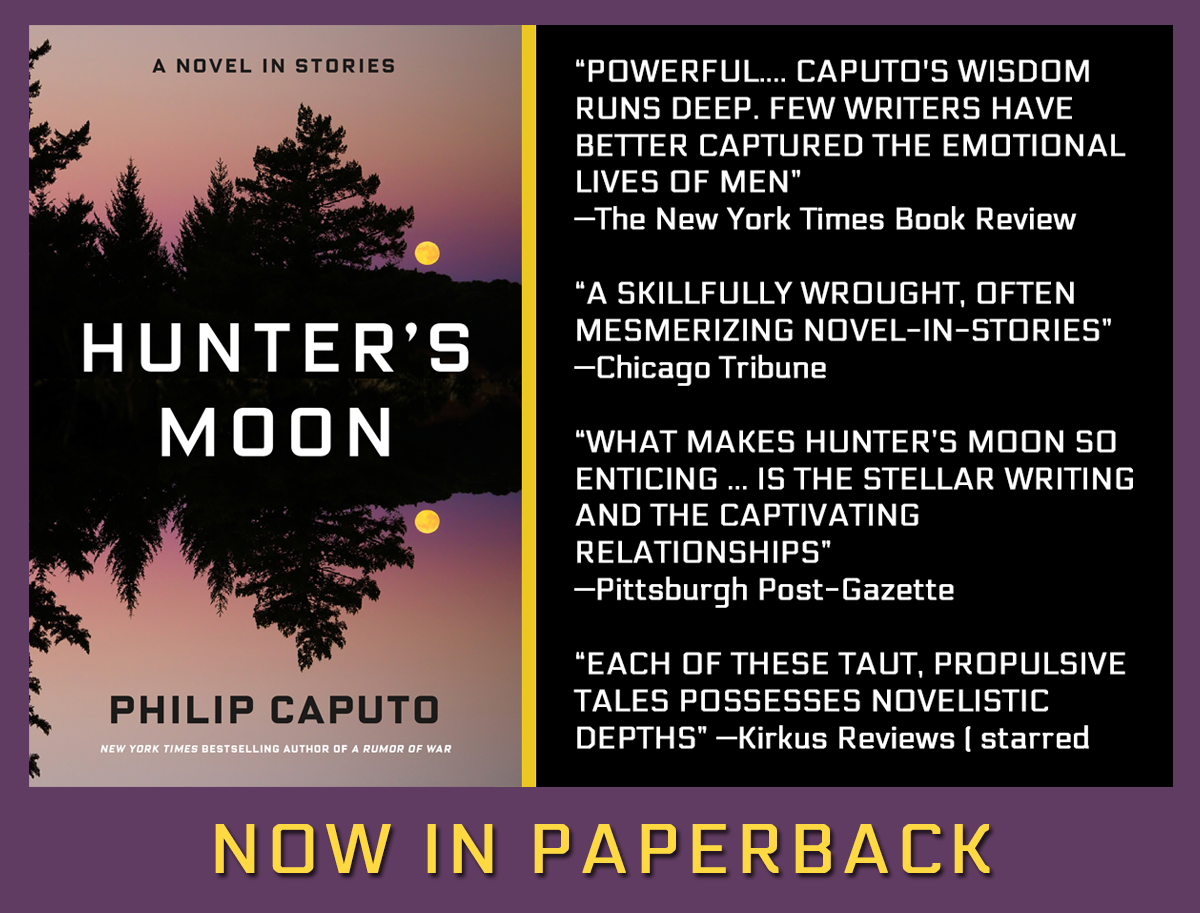 Today is Sunday, June 28, and we have been back In Connecticut a little over a week. Three days ago, we learned that the state has ordered everyone coming in from states experiencing significant increases in the Covid19 virus to self-quarantine for 14 days. We’re not sure if it applies to us, as we left Arizona nine days before cases began to rise there. Anyway, as a writer, i’m accustomed to self-quarantine. We have been careful, going out only on essential errands, keeping our distance from other people, wearing our masks.
Today is Sunday, June 28, and we have been back In Connecticut a little over a week. Three days ago, we learned that the state has ordered everyone coming in from states experiencing significant increases in the Covid19 virus to self-quarantine for 14 days. We’re not sure if it applies to us, as we left Arizona nine days before cases began to rise there. Anyway, as a writer, i’m accustomed to self-quarantine. We have been careful, going out only on essential errands, keeping our distance from other people, wearing our masks.
But today’s was an exquisite, early-summer morning, so we took Luna, our English Setter, for a run in the Wilton Town Forest, a preserve about half an hour’s drive from our place in Norwalk. It was a good way to start the day.
Tramping along in the cool, shady woods, I realized that I miss the wide, symphonic landscapes of Arizona, the deep silences of the high desert grasslands and the mountain ranges that command them. Riding horseback or hiking with Luna, we could see thirty or forty miles in any direction. Looking southward from the San Rafael valley presented views of Mexico and the Sierra Madre, blued by distance. A wet winter brought bursts of color from the desert flowers — golden poppies and Mariposa lilies, red pentstemon, and tall prickle poppies, their blossoms white as an egret’s feathers. The cactus were blooming as well in brilliant reds, bright yellows, a welcome sight after winter’s browns and tans. What a grand feeling to top out on a ridge and watch hawks soaring on the thermals and to hear no sound but the wind in the trees. And the night skies, so clear that you could see stars and galaxies invisible in the light-polluted heavens of the crowded east, helped keep things in perspective. Plagues and wars and famines have ravaged civilization ever since it began; yet the constellations have, through all those troubled millennia, journeyed down the ecliptic, indifferent to what happens on this planet.
Nature in this part of New England is confined and tame — the forest mentioned above is hardly a forest, covering only 200 acres. Nevertheless, I’ll take what’s offered. Daily contact with the natural world, even when it is circumscribed, is a tonic for the uncertainties and anxieties wrought by the pandemic.
There is another medicine I take every day, sort of a vitamin for the soul: Stoicism. I mean the philosophical system as opposed to stoicism, the attitude of indifference to pain or pleasure. I have studied it and practiced it (often failing) for twenty-five years. Every morning, after I’ve made coffee, let the dog out and fed her, I spend about half an hour reading from the three great Roman Stoic philosophers, Marcus Aurelius, Epictetus, and Seneca. Sometimes, through an online group I belong to, ‘Modern Stoicism,” I dip into other thinkers like Cicero or Musonius Rufus (Epictetus’s teacher). I came to this philosophical system more or less by accident in the mid-90’s, when someone (I can’t for the life of me recall who) sent me Seneca’s lengthy essay, De Ira — On Anger. At the time, I suffered from bouts of rage, which I attributed to the after-effects of my experiences as a combat marine in the Vietnam War. I’d always been somewhat hot-headed, but those episodes were more than fits of temper; rather, they were prolonged spells that alternated with periods of depression (which has been aptly described as “frozen rage”). It was as if the war had taken an inherited trait and magnified it into a major character flaw. Seneca’s essay left me breathless for its clarity, its insights, and its contemporary tone. This man who had died almost 2,000 years ago seemed to be in the room with me, speaking into my ear. His definition of anger resonated — it was, he wrote, a temporary insanity. His prescriptions for mastering it (far too long for this blog) constitute the best anger-management course anyone could ask for.
Stoicism is essentially a moral philosophy that doesn’t concern itself overmuch with abstract concepts. Its sphere is ethical behavior and the art of navigating a steady course through life’s defeats as as well as its triumphs, its disasters and upsets as well as its glorious moments. Its principal precept is that we human beings are distinguished from animals by virtue of our rationality, our capacity to reason. To abandon reason is to become, in effect, less than human. It stresses differentiating between what is in our control and what is not, what we can influence and what we cannot. This idea was summarized by the theologian Reinhold Niebuhr in his Serenity Prayer: “God, grant me the serenity to accept the things I cannot change, the courage to change the things I can, and the wisdom to know the difference.” As you can see, Stoicism is a fairly simple philosophy; it’s also one that is very difficult to practice.
Applying it to our current predicament, I know that the virus is far beyond my control. I’m not going to discover a treatment or vaccine for it. What is in my control is taking actions that diminish my risk of infection and also the risk of infecting others by wearing a protective mask in public places, observing social distancing, washing my hands frequently. These are reasonable things to do, and the people who refuse to do them are betraying their powers of rational behavior. They do so out of ignorance. Now, the ignorant can be enlightened, but when they turn a blind eye and a deaf ear to instruction, there is nothing that I can do to change them (In Catholic moral theology, this is known as “vincible ignorance,” that is, willful ignorance of matters one is obligated to know). But one other thing is in my control when dealing with such people. Marcus Aurelius advises: “All of these things have come upon them through ignorance of real good and ill… I can neither be harmed by any of them, for no man will involve me in wrong, nor can I be angry with my kinsman or hate him; for we have come into the world to work together.” Easier said than done, right? As I said, Stoicism can be very difficult in practice.
Reading about the huge spikes in Covid19 cases in states like the one we recently left, I’ve tried to fathom why so many Americans refuse to take common-sense precautions for their own good as well for the good of their fellow citizens. Why they rebel against the mandates of their local and state governments, or won’t listen to the recommendations of medical experts. Why, in the extreme, they believe that those mandates and recommendations are sinister attempts to rob them of their liberties. There has always been an anti-rational streak in the American national character. It has been empowered by the Trump administration, and heightened by social media, both of which confer legitimacy on ideas and actions that are just plain crazy. Forty years of being told that government is your enemy, that science, including medical science, is not to be trusted have produced a nation within a nation of the willfully ignorant. Evolution? A lie.Climate change? A hoax. A pandemic? Ditto.
We have created a new political category: a Stupidocracy.



I would like to receive new posts in my email. Thank you!
I can’t tell you how much I appreciate your speaking of Stoicism in such distinct specifics, certainly the stipulation concerning non-abstraction, but especially as to what persistent and unwanted and ruinous condition its application to your life has improved. Because of you I had been curious about the practice and making plans to investigate, and this was a leg-up on that. I have been thinking a great much lately about competence as a human quality, and how I value it above all others save compassion. The practice of Stoicism has rendered you more competent, as a writer, of course, but also as a husband and father and citizen I would imagine. Thanks for these posts. Thank you for the look across southern Arizona.
There are people who are stuck on stupid! I have known some as well as been one at various times. Like ants,flies and mosquitoes; we have to regrettably deal with them.. They are ingrained in the ecosystem